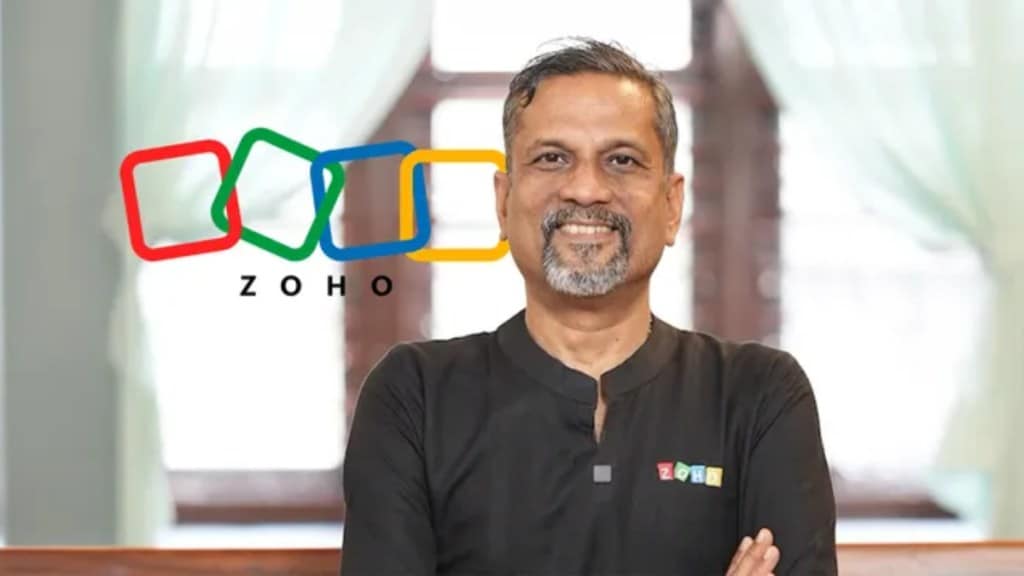Sridhar Vembu, the founder of Zoho Corporation and the man behind India’s Arattai messaging app, responded to a post by Nick Huber, the founder of TheSweatyStartup.com. Huber expressed concerns over the excessive energy demands of AI in the US. Commenting on this, Vembu said the energy-hungry nature of current AI is a serious concern for India, which is working to become a global tech hub and grow its AI capabilities.
Sridhar Vembu Warns: AI’s energy hunger could hit India hard
Huber, with his 406 K followers, shared that his electricity bills in Athens, Georgia, had risen 60% since 2023. Citing new AI data centres under construction and the resulting strain on quality of life, he said, “My electricity bill in Athens GA, is up 60% since 2023. 6 increases in the last 24 months. Just approved 20+ data centres under construction in the region. What gives? Quality of life is dropping for 99% of people….”
Vembu, in his own X post, shared the reason behind the spike. “Electricity bill up 60% since 2023 in Athens, Georgia, due to new AI data centre demand for electricity,” he wrote. He added that the current state-of-the-art AI is extremely energy inefficient, a reality that could become a huge issue for India. “Even if we could afford all the GPUs (not!), we cannot afford the electricity bill,” Vembu said. “We cannot afford to hurt households and factories. We need vastly more energy-efficient AI. I believe that requires fundamentally rethinking the computational aspect of AI.
"Electricity bill .. up 60% since 2023" in Athens, Georgia (US) due to new AI data center demand for electricity.
— Sridhar Vembu (@svembu) October 6, 2025
One of the under-appreciated facts about the current state-of-the art AI is how extraordinarily energy inefficient it is.
This is a huge issue for India. Even if… https://t.co/GmqOPoarxZ
Vembu’s warning comes at a time when India is trying to expand its AI scene while emerging as a global tech hub. Unlike the US, where large-scale AI data centres can absorb rising electricity costs, India has stricter energy constraints. The country cannot pass on these costs to ordinary households or industrial users without causing disruption. Without rethinking the computational and infrastructural design, large-scale AI adoption could place unsustainable pressure on India’s power infrastructure.
Who is Sridhar Vembu?
Vembu is a Princeton graduate who left a high-paying Silicon Valley job to build Zoho from rural Tamil Nadu. He has long worked on sustainable and inclusive innovation. By training local youth in software skills and building a global software company without outside funding, he has shown that world-class tech can thrive outside urban centres.
Huber’s post, meanwhile, is a reflection of the current trend in the US, where AI data centres are consuming massive electricity and thus the skyrocketing prices for nearby households. For example, in Maryland, residents near Virginia’s “Data Centre Alley” report electricity bills up by as much as 80% over three years, according to Bloomberg.


